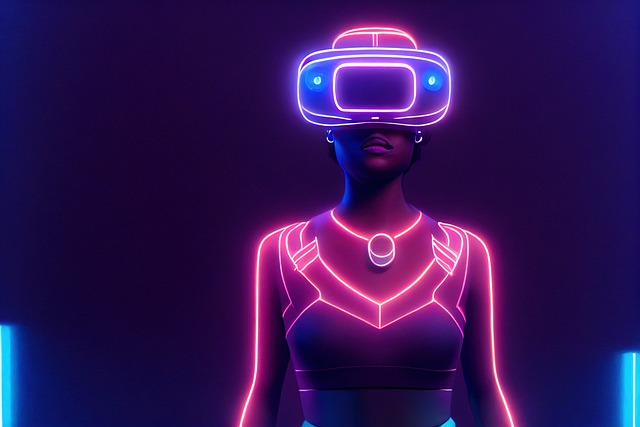Even if you are not a current witness to the metaverse, and you’re not alone, you are slowly becoming the minority. The metaverse is a universe that only exists digitally and it can have many applications. As the dawn of the Internet age reaches its zenith, web developers and technologists are looking to turn our two-dimensional World Wide Web into three. Enter the Virtual Reality or Artificial Reality headset. Wearing a VR device on your face is now the equivalent of dropping yourself into a world that only exists due to a cloud-based computation that lives on a server. You’re likely wondering why this sweeping change will matter to you in the long run and here’s why the metaverse matters.
Background
Although you may have only heard snippets concerning the metaverse, corporations are actively attempting to join up. Unity CEO John Riccitiello suggests that the youth of the universe already have a 3D presence in real-time: “Roblox is one,” he says. This virtual economy could be the boilerplate for the world’s commerce one day and it could happen within your lifetime. There are risks to this kind of technology but there are many benefits as well.
Benefits
The advantages of virtual systems with a human presence are innumerable. For instance, training and education for difficult and strenuous jobs prove useful in the metaverse. With VR coding languages and a landscape that can fit anything, an airline pilot can safely land in adverse conditions, like the Hudson River. Other benefits of this technology are in the areas of socialization. For people in remote locations or with social anxiety, having an avatar that has the ability to go anywhere is incredible. Furthermore, there are cool entertainment applications like exclusive concerts or fashion shows that you could not experience in person.
Risks
With prices as they stand, one risk of the metaverse initially is the cost of investment. This means that accessibility will not be even across the board, whereas these virtual environments will not be inclusive to already marginalized groups like the impoverished. Other constraints that the metaverse may encounter are:
- concerns about addiction and overuse
- impacts on the depressed and anxious
- neglect of real-world responsibilities like physical health
- discrimination from environments built on bias
- protecting personal data within virtual reality
While engineers attend to the notions of these risks, we need to remember which of us is a sentient being and which is not.
Limitations
In the real world, we experience a finite set of resources. As a result, the environmental impact of the metaverse is truly high. In order to maintain such a universal world online there is a high use of energy. Unfortunately, the overuse of fuel can negatively impact the world. At this point a new worry comes into play that doesn’t exist today: what do we do with all the digital waste from creating new digital products like the Dolce & Gabbana VR store and new software that will soon be out of date? Finally, there is a distinct lack of realism once you interact with the metaverse. You are not able to feel things or smell them, features that make reality as significant as it is for our beings. Tasting licorice and smelling lavender is not yet possible with virtual reality.
Hopes
Since the COVID-19 pandemic, remote- and hybrid-working setups became more than popular, they became the norm. This shift inherently changed the way we work forever. Despite looming questions about accessibility, privacy, and security, employees are still actively pursuing work-from-home positions. The metaverse has the potential to create virtual offices, unlike any others that exist in reality. In this way, team members can be in the comfort of their own homes, without the worry of commuting, yet also still participate in team activities and camaraderie.
To summarize, VR already has a long footnote in the history of the world. Although it has the potential to revolutionize web-based training as we know it, as well as the ability to socialize the anti-social, there are quite a few drawbacks that require resolution, too. For example, implicit bias on behalf of AR engineers and lack of finances could be problematic for accessibility and equity. Due to recent interest, there are many organizations looking to understand the metaverse, its impacts, and how we can overcome these issues.

